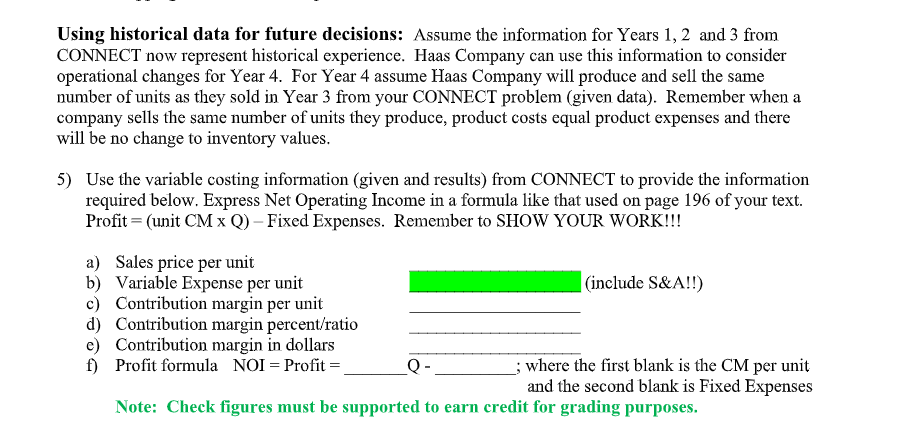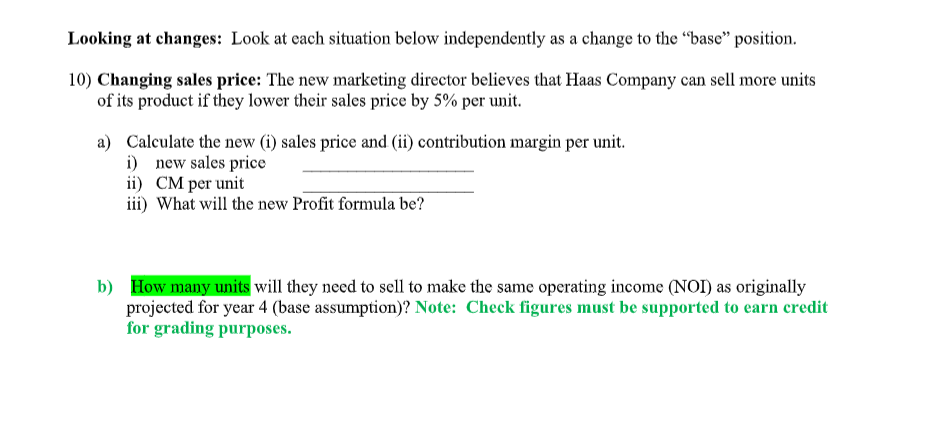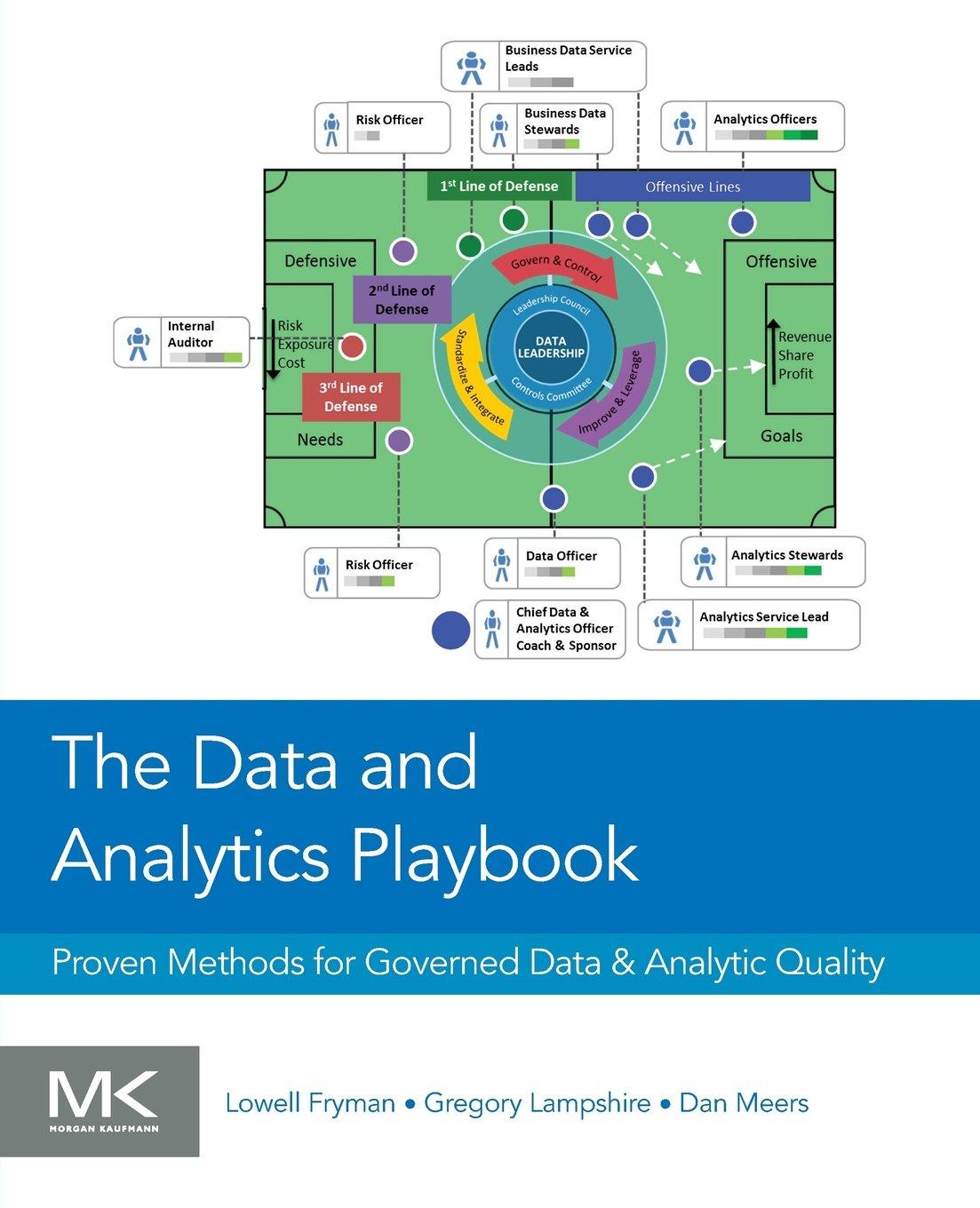



Haas Company manufactures and sells one product. The following information pertains to each of the company's first three years of operations: Variable costs per unit: Manufacturing: Direct materials Direct labor Variable manufacturing overhead Variable selling and administrative Fixed costs per year: Fixed manufacturing overhead Fixed selling and administrative expenses $ $ $ 27 14 6 1 ta $ 510,000 $ 210,000 During its first year of operations, Haas produced 60,000 units and sold 60,000 units. During its second year of operations, it produced 75,000 units and sold 50,000 units. In its third year, Haas produced 40,000 units and sold 65,000 units. The selling price of the company's product is $60 per unit. Using historical data for future decisions: Assume the information for Years 1, 2 and 3 from CONNECT now represent historical experience. Haas Company can use this information to consider operational changes for Year 4. For Year 4 assume Haas Company will produce and sell the same number of units as they sold in Year 3 from your CONNECT problem (given data). Remember when a company sells the same number of units they produce, product costs equal product expenses and there will be no change to inventory values. 5) Use the variable costing information (given and results) from CONNECT to provide the information required below. Express Net Operating Income in a formula like that used on page 196 of your text. Profit =(unit CMxQ) - Fixed Expenses. Remember to SHOW YOUR WORK!!! a) Sales price per unit b) Variable Expense per unit (include S&A!!) c) Contribution margin per unit d) Contribution margin percent/ratio e) Contribution margin in dollars f) Profit formula NOI = Profit = Q- ; where the first blank is the CM per unit and the second blank is Fixed Expenses Note: Check figures must be supported to earn credit for grading purposes. Looking at changes: Look at each situation below independently as a change to the base" position. 10) Changing sales price: The new marketing director believes that Haas Company can sell more units of its product if they lower their sales price by 5% per unit. a) Calculate the new (i) sales price and (ii) contribution margin per unit. i) new sales price ii) CM per unit iii) What will the new Profit formula be? b) How many units will they need to sell to make the same operating income (NOI) as originally projected for year 4 (base assumption)? Note: Check figures must be supported to earn credit for grading purposes. c) If Haas Company can sell twice as many units (2 times original units) with the decreased sales price, (i) how much operating income will they make? (iii) Should they lower the price? Explain your answer. i) operating income ii) Should they










